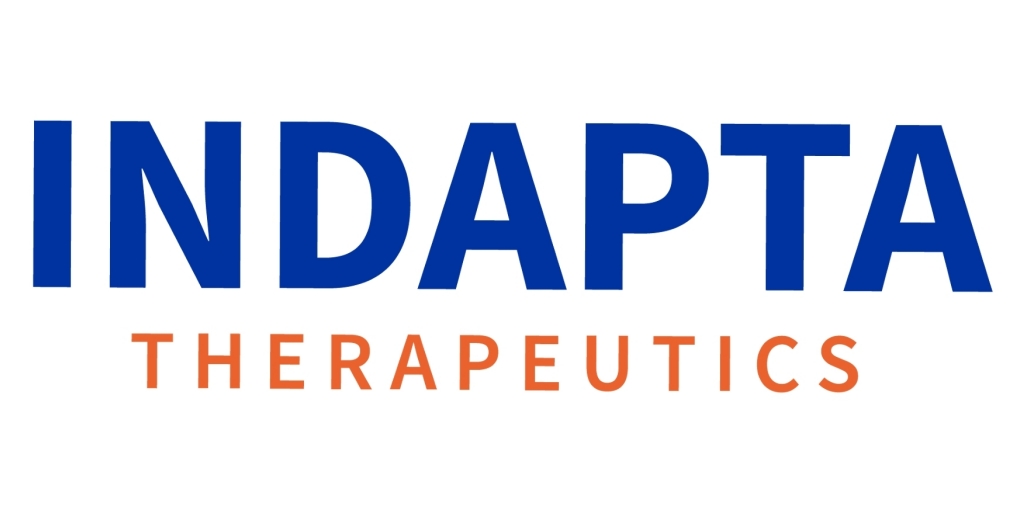Combining capabilities and expertise to evaluate the efficacy and safety of allogeneic g-NK cell-based therapy in combination with Sarclisa in patients with relapsed/refractory multiple myeloma
HOUSTON & SEATTLE--(BUSINESS WIRE)--Indapta Therapeutics, Inc., a privately held clinical stage biotechnology company developing next-generation differentiated cell therapies for the treatment of cancer and autoimmune diseases, today announced a collaboration with Sanofi to explore the combination of its allogeneic g-NK cell therapy, IDP-023, with Sanofi’s CD38-targeting monoclonal antibody, Sarclisa (isatuximab).


Indapta has amended its ongoing phase 1 study of IDP-023, to add a cohort of IDP-023 in combination with Sarclisa for patients with relapsed/refractory multiple myeloma. Up to three dose levels of IDP-023 will be explored in the combination.
Under the agreement, Indapta will sponsor the clinical trial, Sanofi will supply Sarclisa, and the Parties will co-fund the trial. As presented at the Society for Immunotherapy of Cancer Meeting, IDP-023 administered with or without interleukin-2 achieved a mean maximum reduction in serum M-protein or light chain of 73% in eight relapsed/refractory myeloma patients. This appears to be superior to prior trials of natural killer cells in myeloma.
“With its deep experience in multiple myeloma and pipeline of products in hematologic malignancies and immunologic disorders, Sanofi is an excellent partner to help Indapta develop our differentiated natural killer cell product,” said Robert Sikorski, Indapta’s Chief Medical Officer. “We look forward to a close collaborative relationship and leveraging Sanofi’s expertise in the design of potential subsequent studies.”
Indapta’s Proprietary g-NK Cell Therapy
Indapta’s universal, allogeneic NK cell therapy platform consists of a potent subset of naturally occurring NK cells, known as “g minus” NK cells, or “g-NK” cells. g-NK cells arise from epigenetic changes resulting from exposure to cytomegalovirus (CMV). To generate IDP-023, Indapta preferentially expands g-NK cells from healthy donors, with low donor to donor variability. IDP-023 has several differentiated mechanisms of killing target cells without the need for genetic engineering, including highly robust antibody-dependent cell mediated cytotoxicity (ADCC), the targeting of HLA-E expressing cells via the NKG2C receptor, and the inherent anti-viral activity of g-NK cells.
Indapta’s g-NK can release dramatically more immune activating cytokines and cell-killing compounds than conventional NK cells. In preclinical studies, IDP-023 has demonstrated more potent and durable antitumor activity when combined with cancer targeting monoclonal antibodies as compared to conventional NK cells. (Bigley et al., Blood Advances 2021, https://doi.org/10.1182/bloodadvances.2020002440). g-NK cells in combination with a B cell targeting antibody can also deplete normal B cells from healthy donors or patients with autoimmune disease.
About Indapta Therapeutics
Indapta is a privately held company focused on developing and bringing to market a diverse pipeline of cell therapies to treat the still unmet medical needs of patients with blood and solid-tumor cancers as well as autoimmune diseases. The company’s proprietary robust platform of naturally occurring g-NK cells is specifically designed to create best-in-class, highly potent, more accessible, and scalable cell therapies. For more information, please visit www.indapta.com.
Contacts
Joy Paglinawan at jpaglinawan@indapta.com




